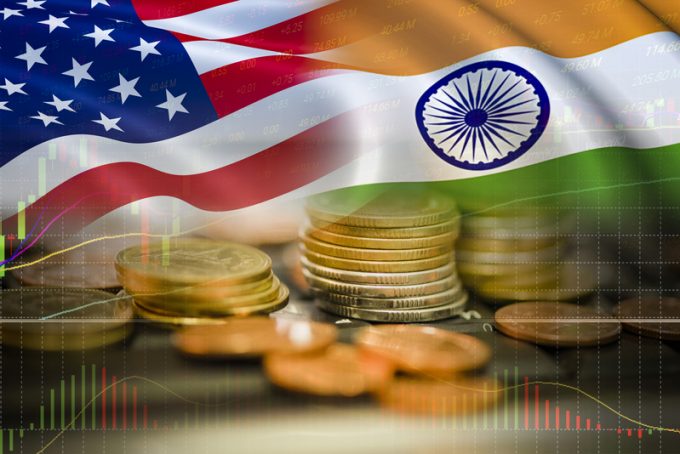White House confirms automotive tariffs – 'a disaster for the industry'
Automotive logistics could be hard hit – with some modal shift to cut costs – ...

In another sign of “a clearer strategy” around trade diversification from China, the US is warming to India in a big way.
And it’s an opportunity that Indian exporters believe will drive significant long-term demand for their goods.
The US has, in recent years, become India’s largest trading partner, with fiscal year 2022-23 two-way trade, by value, at some $129bn, up 8% year on year, according to government data.
A recent visit by Indian prime ...
Volcanic disruption at Anchorage could hit transpacific airfreight operations
Shippers snap up airfreight capacity to US ahead of tariff deadline
New price hikes may slow ocean spot rate slide – but for how long?
Tighter EU import requirements proving 'a challenge' for forwarders
Looming Trump tariffs will create 'a bureaucratic monster' for Customs
Airfreight demand expected to weaken through Q2
Real test of Gemini hub and spoke model yet to come, says Maersk

Comment on this article